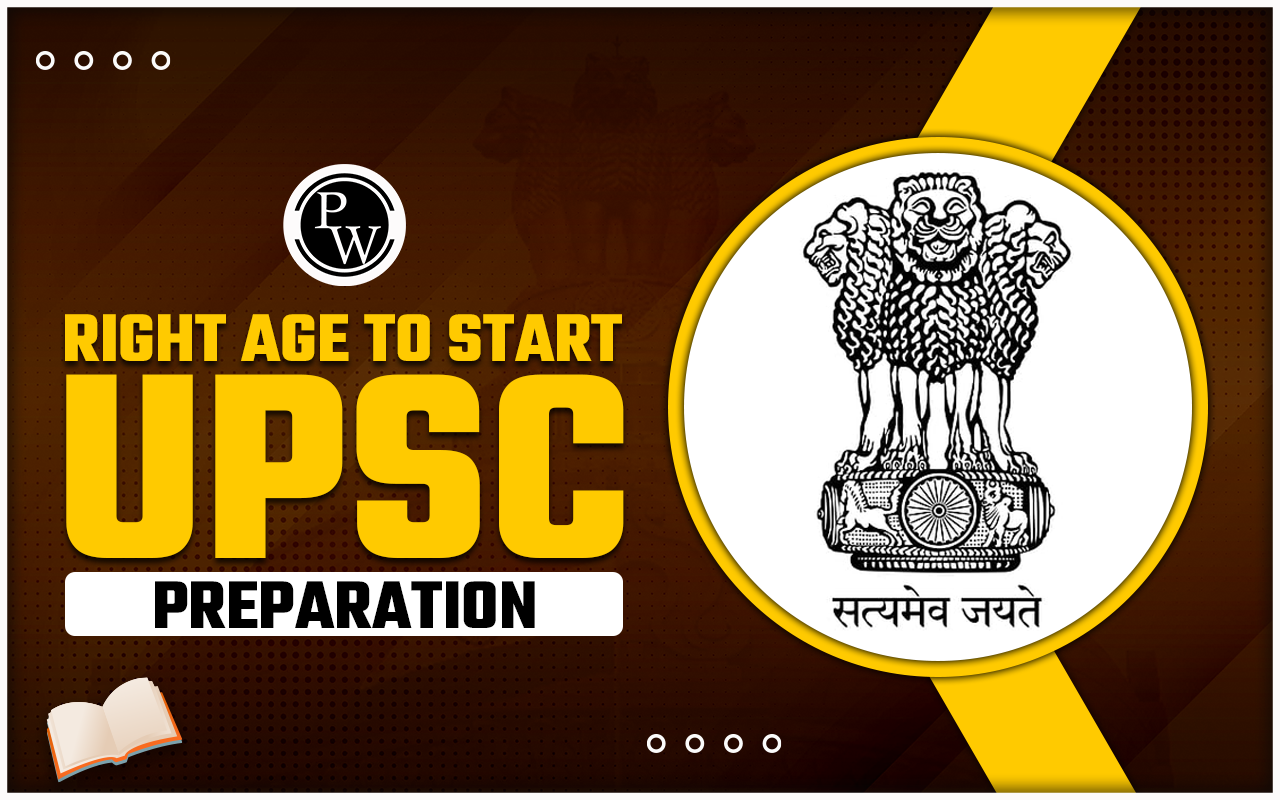
World Food Safety Day 2025 will be celebrated on June 7, 2025, as a reminder that safe food is not a luxury but a necessity. Contaminated food leads to diseases that affect millions each year. When food safety is neglected, the risks to public health increase dramatically. By making the right choices and demanding safe food, we all help build a healthier future. Read on to learn more about World Food Safety Day 2025!
World Food Safety Day 2025
World Food Safety Day is observed globally every year on June 7. It reminds us that safe food is essential for good health, economic progress, and food security. In 2025, this day continues to highlight how safe food can save lives and promote well-being across communities. World Food Safety Day 2025 urges action to prevent, detect, and manage food risks.
| World Food Safety Day 2025 Overview | |
| Date | June 7, 2025 |
| Theme | Food Safety: Science in Action |
| Host Organizations | FAO (Food and Agriculture Organization) and WHO (World Health Organization) |
| Main Focus | Celebrating the role of science in food safety, emphasizing actions based on scientific guidance |
| Key Messages | Science is fundamental to food safety, Food safety is everyone’s business |
| Activities | Food safety quizzes, Exhibitions, Webinars, Educational workshops, Cooking demonstrations, and Farm visits |
| Slogan | Food safety is everyone’s business |
World Food Safety Day 2025 Theme
The World Food Safety Day 2025 theme is “Food Safety: Science in Action.” It focuses on the power of science in preventing foodborne illnesses. World Food Safety Day Theme 2025 brings attention to how research, data, and innovation help identify risks, improve hygiene practices, and ensure the food we eat is safe. The theme encourages everyone, from food producers to consumers, to trust and apply science to their daily food habits.
History of World Food Safety Day
World Food Safety Day was officially declared by the United Nations General Assembly in December 2018. The first global observance took place on June 7, 2019. The day was created to raise awareness about the dangers of unsafe food and to promote efforts that reduce risks across the entire food chain.
The idea originated from joint efforts by the World Health Organization (WHO) and the Food and Agriculture Organization (FAO). They understood that food safety was being overlooked despite its major health and economic impacts.
Since its inception, this day has grown into a global movement. Governments, NGOs, schools, and industries come together to promote food safety awareness. Each year, the theme reflects current challenges and highlights ways to improve food safety systems.
Importance of Food Safety
Food safety affects everyone everywhere. Contaminated food doesn’t just cause stomach discomfort. It can lead to serious diseases, long-term health problems, and even death. According to the World Health Organization:
-
Contaminated food is linked to over 200 different diseases, including conditions like diarrhea and cancer.
-
An estimated 1.6 million people suffer from food-related illnesses each day worldwide.
-
In low- and middle-income nations, the yearly financial impact of foodborne diseases is about US$ 110 billion.
These numbers are alarming, especially since many of these cases are preventable. Food safety helps in the following ways:
-
Protects health: Safe food prevents harmful bacteria, viruses, and toxins from entering our bodies.
-
Supports nutrition: Clean and safe food retains more nutrients, supporting growth and well-being.
-
Boosts trade and economy: When countries follow high food safety standards, international trade improves.
-
Ensures food security: Without food safety, there's no food security. Contaminated food can’t be consumed, leading to waste and hunger.
Every meal we eat is an opportunity to support health or risk it. That’s why food safety matters every single day.
Food Safety in India
India’s food culture is rich and diverse, but this diversity also presents unique safety challenges. With a large informal food sector and millions relying on street food, ensuring hygiene across the country is no easy task. Several food safety concerns continue to affect both urban and rural populations:
-
Food adulteration cases rose from 15% in 2012 to 28% in 2019.
-
38% of Indian households bought contaminated packaged food in the last 3 years.
-
Only 2,574 food safety officers in 2022, just 15% of the required workforce.
-
Just 250 approved food testing labs, mostly in wealthier states, limit oversight.
-
Poor storage and transport, including a lack of temperature control, worsen food contamination.
The government is working to improve the situation, but more public cooperation is needed. People must know their food rights and report unsafe practices.
Food Safety Standards in India
In India, the Food Safety and Standards Authority of India (FSSAI) oversees food safety regulations. It was set up under the Food Safety and Standards Act, 2006, and is responsible for laying down science-based food standards. FSSAI’s role is crucial in maintaining the quality and hygiene of food sold across the country.
Key food safety rules in India under FSSAI include:
-
Licensing and Registration: All food businesses, big or small, must be registered or licensed with the FSSAI.
-
Food Product Standards: FSSAI defines safe levels for food additives, preservatives, and contaminants.
-
Labeling Rules: Clear information on packaged foods helps consumers make informed choices.
-
Hygiene Ratings: The “Eat Right India” campaign rates eateries and promotes safe food habits.
-
Food Safety and Standards (Packaging) Regulations: Packaging materials must be clean, hygienic, tamper-proof, and food-grade.
-
Food Fortification: FSSAI encourages the addition of essential nutrients to staples like salt, milk, and rice.
-
Sustainability and Eco-Friendly Packaging: Introduction of recycled PET for food packaging to reduce environmental impact while ensuring safety
These standards not only protect consumers but also promote transparency and accountability in the food industry.
Significance of World Food Safety Day 2025
World Food Safety Day 2025 is crucial in raising global awareness about food safety and its impact on human health, agriculture, and economic development. It brings attention to the unseen dangers that may exist in what we eat and shows how science can help avoid them.
The day promotes:
-
Consumer awareness: People should know how to handle food safely and read labels properly.
-
Government responsibility: Officials must enforce safety standards and run regular checks.
-
Industry accountability: Food businesses must follow hygiene practices and regulations.
-
Global cooperation: Nations should share knowledge and improve food safety systems together.
World Food Safety Day helps us realise that food safety is everyone’s job, from farm to plate. It reminds us that safe food saves lives, supports health, and powers economies.
Want to dive deeper into food safety, public health, or governance-related topics for UPSC? Explore the UPSC courses by Physics Wallah!
World Food Safety Day 2025 FAQs
When is World Food Safety Day celebrated?
What is the theme for World Food Safety Day 2025?
Why is food safety important?
Who regulates food safety in India?
How can consumers promote food safety?

UPSC Coaching









